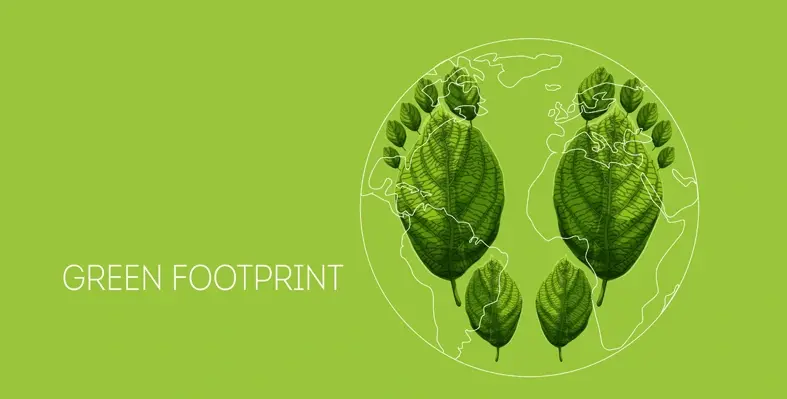According to Synergy Consulting, southern Africa stands at a pivotal moment in its energy transition, with the hydrogen economy emerging as a key element in the region's sustainable future
This potential shift could address energy security concerns, contribute to economic diversification, and support global decarbonisation efforts. As nations within the region explore this opportunity, several factors – including abundant natural resources, strategic partnerships, and technological advancements – will play crucial roles in shaping the future of hydrogen energy in southern Africa.
Abundant renewable resources
One of the most significant advantages for southern Africa in developing a hydrogen economy is the region's rich renewable energy resources. Countries like South Africa and Namibia have vast solar and wind energy potential, which are essential for producing green hydrogen through electrolysis. Green hydrogen, derived from renewable energy sources, is seen as a clean and sustainable alternative to fossil fuels. This presents an opportunity for southern African nations to leverage their natural resources to produce and export green hydrogen, positioning themselves as key players in the global hydrogen market.
South Africa, in particular, is well-positioned due to its established infrastructure and industrial base. The country has a history of hydrogen production through coal gasification and is home to some of the world’s largest platinum reserves, a critical material for hydrogen fuel cells. This makes South Africa a strategic location for developing a comprehensive hydrogen value chain, from production to utilisation in various industries.
Economic diversification and job creation
The hydrogen economy offers a path toward economic diversification in southern Africa, particularly for countries heavily reliant on fossil fuel exports. By investing in hydrogen technology, these nations can reduce their dependence on volatile oil and gas markets and create new revenue streams. Moreover, the hydrogen economy has the potential to generate significant employment opportunities, from research and development to manufacturing and logistics.
For instance, developing hydrogen production facilities, refueling stations, and fuel cell manufacturing plants would require a skilled workforce, contributing to job creation in urban and rural areas. This is particularly important in a region where unemployment remains a pressing issue.
Strategic partnerships and investments
The successful development of a hydrogen economy in southern Africa will depend on strategic partnerships and investments. International collaboration is essential, as it brings in financial resources, technical expertise, and market access. Partnerships with countries and companies leading in hydrogen technology can help southern African nations accelerate their hydrogen initiatives and integrate into the global hydrogen supply chain.
Several countries, including Germany and Japan, have already shown interest in collaborating with southern African nations on hydrogen projects. These partnerships could facilitate technology transfer, capacity building, and infrastructure development, crucial for the region’s hydrogen economy.
Challenges and the road ahead
Despite its potential, the hydrogen economy in southern Africa faces several challenges. These include high initial investment costs, the need for regulatory frameworks, and the development of a robust infrastructure. Additionally, ensuring that hydrogen production is truly green – i.e., derived from renewable sources – is essential to avoid merely shifting emissions from one sector to another.
In conclusion, while southern Africa has significant opportunities in the hydrogen economy, realising its full potential will require coordinated efforts across governments, industry, and international partners. With the right strategies in place, southern Africa could emerge as a leader in the global hydrogen market, driving sustainable development and economic growth in the region.
This article is authored by Synergy Consulting IFA












